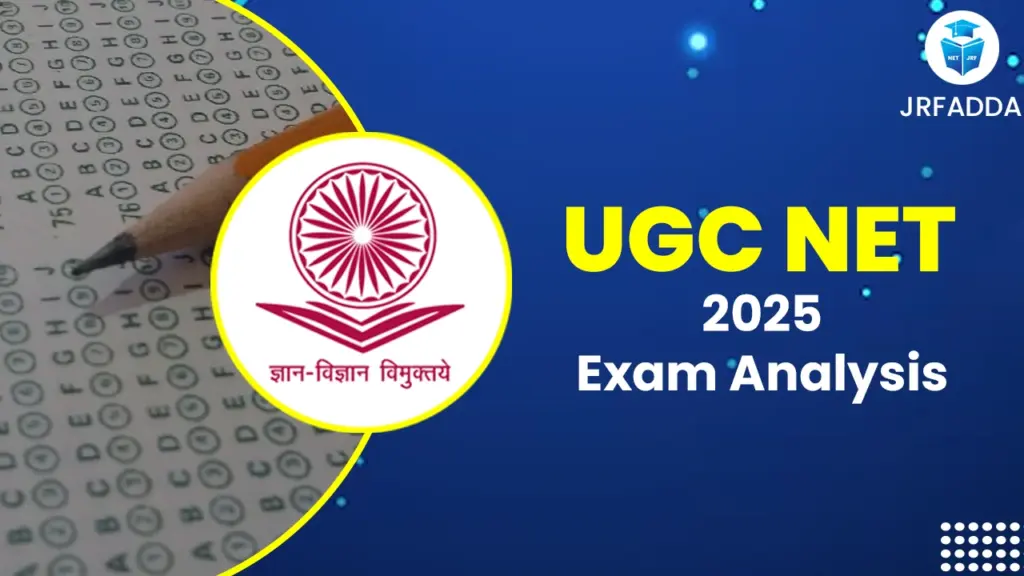Netaji Subhas Chandra Bose Jayanti or Parakram Diwas falls every year on 23rd January to remember one of the greatest freedom fighters in India. It is in the year 2025, in which India celebrates the birth anniversary of 128 years from one of India’s most outstanding icons, whose strong fighting spirit will be an inspiration to future generations.
Netaji Subhas Chandra Bose Overview
Below is a overview of Netaji Subhas Chandra Bose:
Aspect | Details |
Full Name | Subhas Chandra Bose |
Popular Title | Netaji |
Birth Date | January 23, 1897 |
Birth Place | Cuttack, Odisha, India |
Parents | Janakinath Bose (Father), Prabhavati Devi (Mother) |
Education | Scottish Church College, Presidency College, University of Cambridge |
Indian Civil Services (ICS) | Qualified in 1920, resigned in 1921 to join India’s freedom movement |
Ideological Influences | Swami Vivekananda, Indian nationalism |
Political Career | President of Indian National Congress (1938, 1939); Resigned due to ideological differences |
Formation of INA | Took charge of the Indian National Army (INA) in 1943 |
Azad Hind Government | Provisional Government of Free India declared on October 21, 1943, in Singapore |
Slogan | “Give me blood, and I will give you freedom” |
Key Military Campaigns | INA’s advances in Imphal and Kohima during World War II |
Death | Allegedly died in a plane crash on August 18, 1945; circumstances remain controversial |
Legacy | Symbol of courage, patriotism, and the fight for India’s independence |
Commemorative Day | Netaji Subhas Chandra Bose Jayanti (Parakram Diwas) celebrated every year on January 23 |
Who Was Netaji Subhas Chandra Bose?
Subhas Chandra Bose, Netaji, or simply Netaji to many in India, was the leader of one of the many Indian revolutionary groups fighting against the British colonial rulers. Born on January 23, 1897, at Cuttack, Odisha, he displayed extraordinary intelligence and leadership qualities early in life. He completed his education in England and qualified for the Indian Civil Services (ICS) in 1920 but resigned from it in 1921 to pursue his career as a dedicated patriot.
Netaji Subhas Chandra Bose Biography
Subhas Chandra Bose was influenced by the thoughts of Swami Vivekananda and Indian nationalism. He entered the Indian National Congress and gained prominence rapidly. Bose became the President of the Congress in 1938 and again in 1939 but resigned as he had differences in ideology with Mahatma Gandhi and other leaders of the Congress. His idea of complete and immediate independence did not match the Congress’s gradual approach.
He aimed at liberating India by establishing international ties and by making bold steps for the organization of armed resistance against British rule. His leadership, which was so charismatic and without wavering, earned him the title “Netaji,” meaning respected leader.
Netaji Contribution to India’s Freedom Struggle
He has contributed to the Indian independence movement in a manner that cannot be equaled. Here are some of the events and activities below:
Formation of the Indian National Army (INA):
- In 1943, Bose assumed the leadership of the Indian National Army (INA), which had been formed by the Japanese who had captured Indian soldiers from the Indian state during World War II. It was through this organization that Indian masses and its soldiers were made to be highly inspired by Bose.
Azad Hind Government:
- On October 21, 1943, Bose publicly declared the creation of the Provisional Government of Free India or Azad Hind in Singapore. This government went on to declare war against the British Empire, and it became recognized by Japan, Germany, and Italy among other countries.
Battle for India’s Northeast:
- Bose led the INA forward towards India from Burma, now Myanmar. The INA contributed significantly to the battles of Imphal and Kohima in 1944, though the campaign eventually ran into trouble with logistics and unfavorable weather.
Call to Arms:
- Bose’s call to action was, “Give me blood, and I will give you freedom,” which inspired thousands of Indians to join the independence struggle.
Netaji Legacy and Influence
It remains a mystery, and there are controversies regarding his death in a plane crash on August 18, 1945. But his dream for a powerful, independent India will live on. It was recognized after India’s independence. He was the symbol of patriotism, sacrifice, and bravery in this new era of free India.
Conclusion
The birth anniversary of the great leader, Netaji Subhas Chandra Bose Jayanti, is more than just the celebration of his birth; it is a manifestation of the unwavering spirit of freedom and self-reliance. So, on this 128th anniversary in the year 2025, we should pledge ourselves to the cause for which Netaji lived and sacrificed his life. His words, “It is blood alone that can pay the price of freedom.”. Give me blood, and I shall give you freedom, reminds us of the cost of freedom and the burdens of freedom.
Netaji Subhas Chandra Bose FAQs
It is the 128th birth anniversary of Netaji Subhas Chandra Bose, that falls on January 23, 2025.
It commemorates the bravery, determination and sacrifices of Netaji for India’s freedom movement.
He was famous for establishing the Azad Hind government with the command of the Indian National Army INA.
He was born on January 23, 1897, in Cuttack, Odisha.
“Give me blood and I will give you freedom.”













